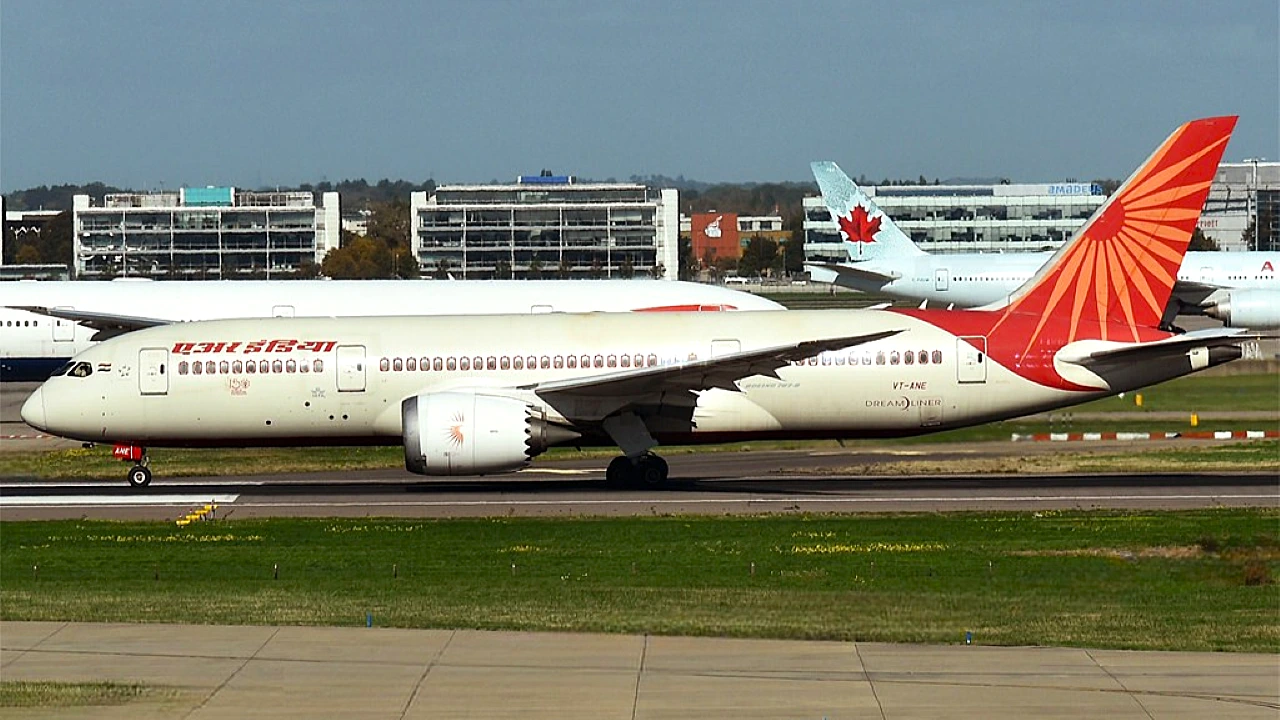DELHI- Well, we all know that the political relationship between India and Canada is very tense and this mainly affects the people traveling between these two countries.
Following this, there is a chance that a significant downfall in demand may be possible on some routes.
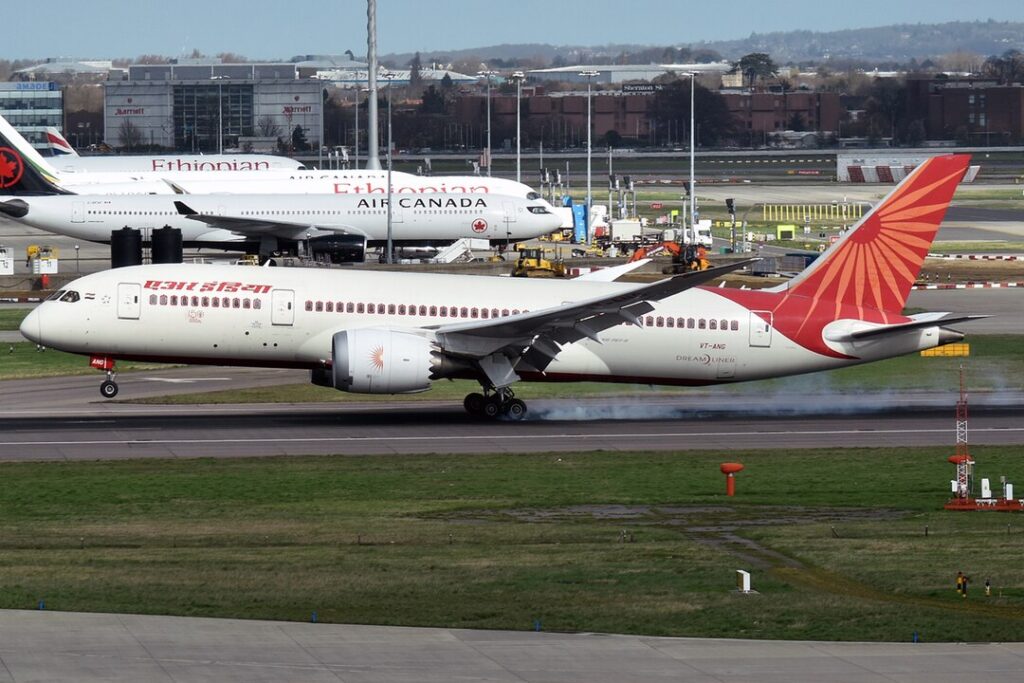
India Canada Tensions: Affecting Air Travel?
Ravreet Singh, an Aviation Analyst, and Blogger has revealed some important facts and made a few assumptions on the Canada-India aviation market, so let’s have a look into it.
The strained relationship, combined with Canada’s stringent immigration policies, has triggered a substantial decline in travel demand, particularly from Punjab.
Visa rejection rates have escalated dramatically, especially for students and visitors, directly influencing outbound travel patterns. This trend manifests in declining airfare prices, with Delhi-Toronto routes now averaging approximately US$775 and Delhi-Vancouver routes around US$660.
Mr Singh revealed that Air India (AI) currently maintains a robust international service network, operating 21 weekly non-stop flights to Canada from Delhi, comprising 14 flights to Toronto and 7 to Vancouver. Air Canada (AC) complements this network with daily services from Toronto and Montreal, including strategic routes via London and seasonal weekly connections to Mumbai.
Following the 2022 updated air service agreement, both countries allow unlimited flights between two countries. This helped Air India and Air Canada to add more flights to their existing routes. Hence we have more flights but will it sustain?
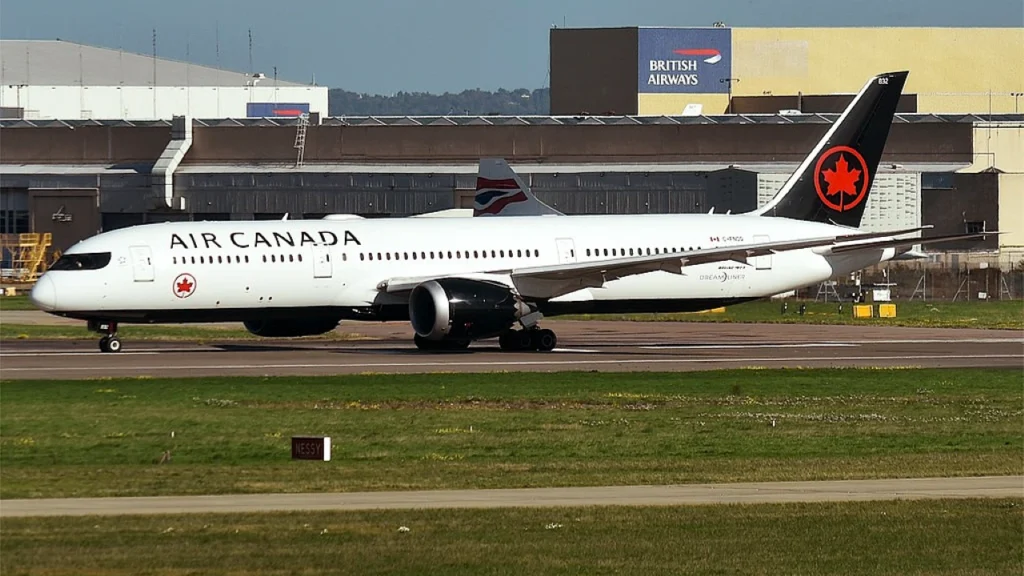

Comparing with Previous Data
The India-Canada air travel market experienced significant passenger volume in 2022, with 1.36 million travelers traversing point-to-point routes between Delhi and major Canadian cities. Delhi-Toronto emerged as the most traveled route, carrying 706,000 passengers, followed by Delhi-Vancouver with 340,000 passengers.
Here’s the p2p traffic data shared by Ravreet Singh on routes between Delhi and Canada:
- Delhi-Toronto: 706k
- Delhi-Vancouver: 340k
- Delhi-Calgary: 112k
- Delhi-Edmonton: 83k
- Delhi-Winnipeg: 70k
- Delhi-Montreal: 46k
Punjab traditionally contributed a substantial portion of this passenger traffic. The region’s declining outbound demand signals potential market contraction, with airlines responding proactively to shifting travel patterns.
Neos Airlines (NO) exemplifies this trend, announcing a 50% capacity reduction on its Amritsar-Toronto route starting February 2025, despite launching the service just two years earlier.
Singh warned that emerging competitive dynamics may further challenge market stability. Qatar Airways (QR) has introduced non-stop services, while Virgin Atlantic (VS) is preparing to launch routes in April 2025. These developments could potentially compress airline yields and intensify competitive pressures in the India-Canada air travel segment.
However, there are around 40 weekly flights between India and Canada which is almost twice when compared to the pre-pandemic year. So it is at an all-time high and peaked at its maximum point, but the question is will it grow further from this point or start declining?
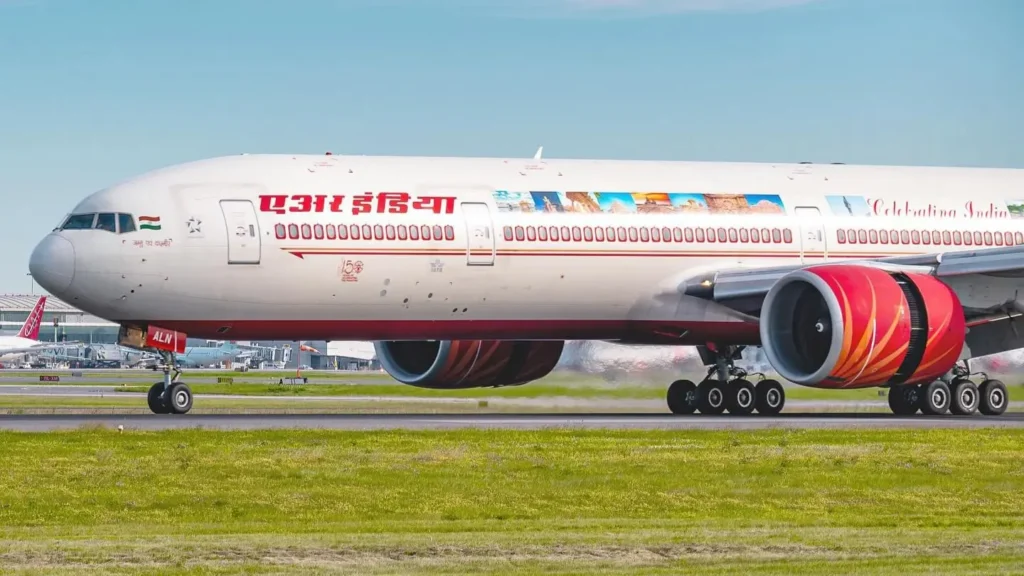

Will Air India Downgrade its Ops?
Air India faces critical strategic decisions in response to the evolving India-Canada air travel market dynamics.
Ravreet Singh assumes that the airline may consider suspending its second daily Delhi-Toronto service during the Summer 2025 schedule, potentially reallocating capacity to strengthen its U.S. network or expand North American routes from Mumbai.
Aircraft fleet optimization presents another potential strategy. Transitioning from Boeing 777-300ERs to more fuel-efficient 787-9s could offer operational advantages. However, current fleet constraints limit the immediate implementation of this approach.
The challenging market conditions demand strategic flexibility and innovative thinking from airlines. Diplomatic tensions, reduced passenger demand, and competitive pressures compel carriers to continuously reassess and adapt their route networks and operational strategies.
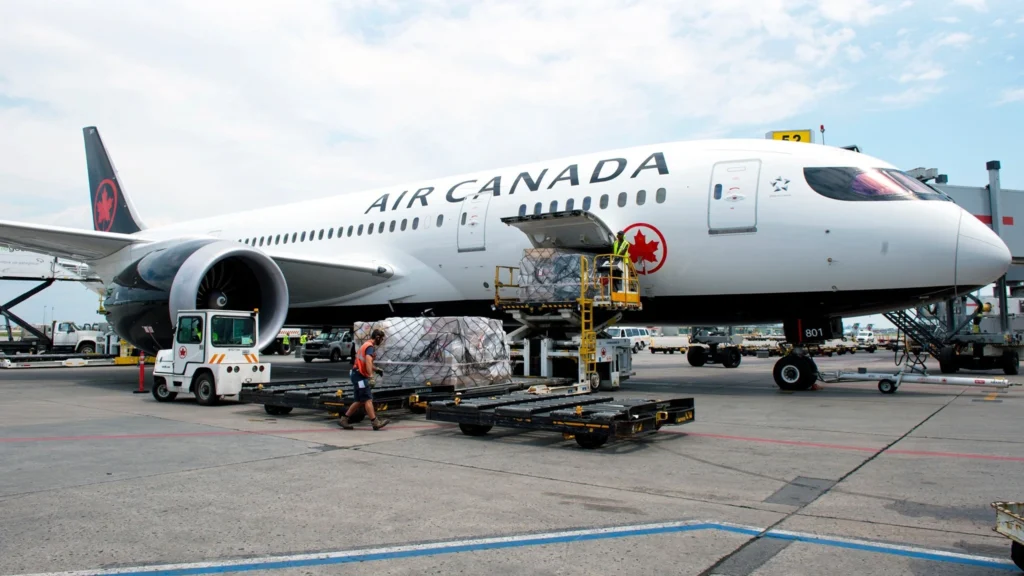

Air Canada Security Checks
A few weeks back, we pointed out that Transport Canada has implemented heightened security measures for passengers traveling from Canada to India, primarily affecting Air Canada flights.
The transport minister, Anita Anand, introduced these “temporary additional security screening measures” as a precautionary response to unspecified security concerns.
Air Canada notified passengers about the new protocols, warning of extended security wait times and recommending arrival at the airport four hours before departure. The airline confirmed compliance with Transport Canada’s enhanced security requirements, urging travelers to exercise patience during the screening process.
Toronto Pearson Airport corroborated these developments, alerting passengers about potential delays at international pre-board screening. The airport advised travelers to verify flight details and allocate extra time for security procedures.
While the specific rationale behind the enhanced security measures remains undisclosed, the implementation suggests a heightened vigilance in cross-border travel security.
Stay tuned with us. Further, follow us on social media for the latest updates.
Join us on Telegram Group for the Latest Aviation Updates. Subsequently, follow us on Google News

